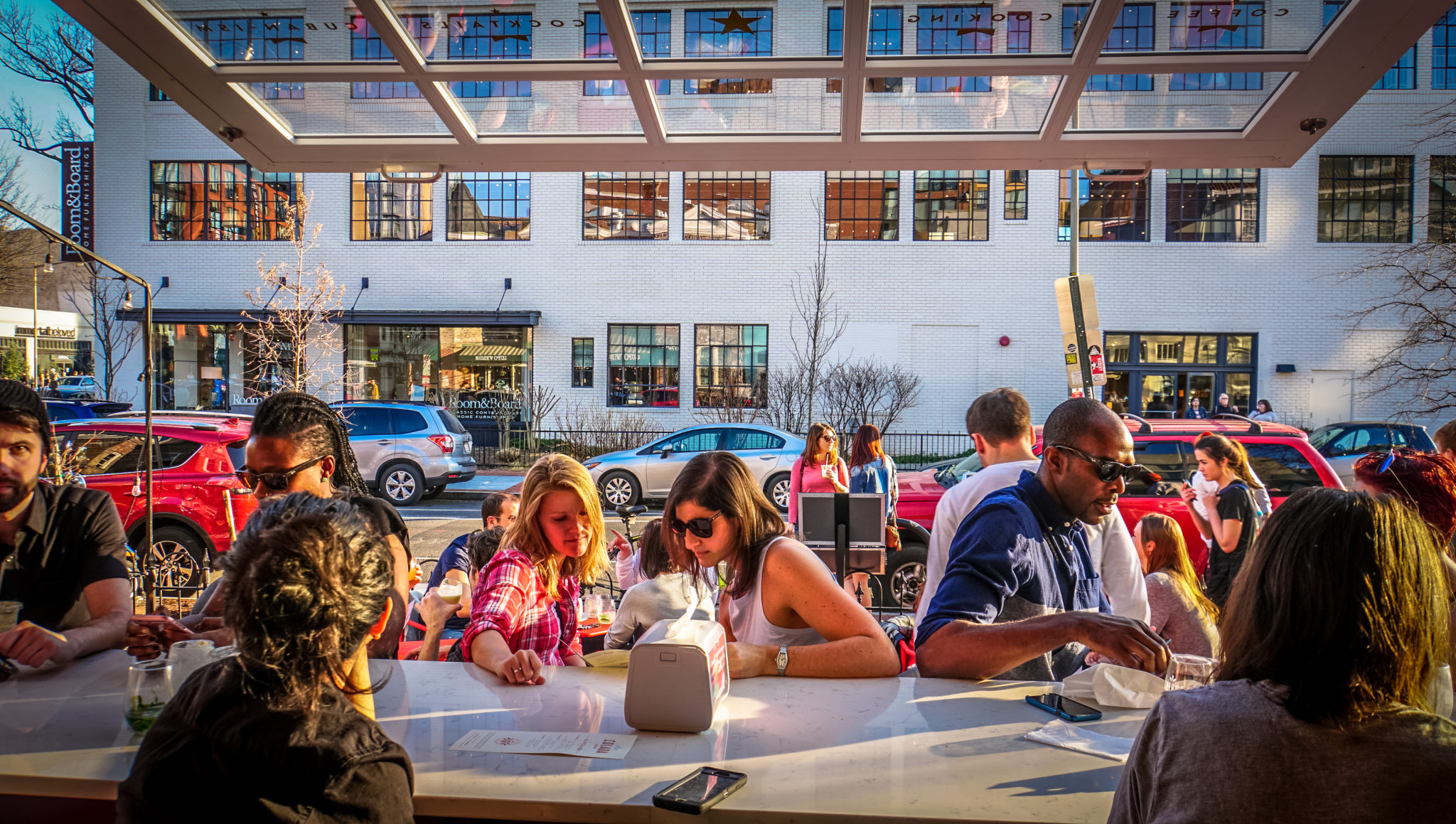First Take is a regular column by D.C. Policy Center Senior Fellow David Brunori.
One thing seems clear. The Washington Metropolitan Area Transit Authority needs money. It says it has $25 billion in capital needs. And it needs $15 billion of that over the next ten years. Oh, and it cannot meet its current operating expenses either. Metro is reportedly short $290 million for the coming year. Metro budget problems represent real money.
Let us leave aside the management and structural issues facing Metro—although I must point out that there are many proposals to reform the governance structure of the system, such as this, and this, and there is also a platform to study all these alternatives. Whatever the inevitable reform looks like, Metro will need more money. And the question is where that money will come from. Some principles of sound tax and budget policy can help inform policy makers on this critical question.
He who benefits shall pay
There is a school of thought, with widespread support among public finance experts, which says public services should be paid primarily by those who benefit from those services. This benefits principle is sound. Those who receive the benefits should be those primarily paying for them. User fees and charges are classical examples. The benefits principle allows the government to perform more efficiently–matching provision of services with the demand. Yes, I know it is not perfect. Poorer citizens who need services are not always able to pay. And, there are some services, like national defense or education that have broad based beneficiaries. But, overall the benefits principal is a good way to think about a lot of government services. Transportation is certainly one of them.
In the case of Metro who benefits? Certainly the riders benefit. They should pay. And they do. Indeed, as Dan Rowlands points out, Metro has among the highest fares in the nation. There is problem with raising fares significantly: people will ride Metro less. At some point, sitting in traffic and paying outrageous parking fees in town doesn’t look so bad. But we don’t want to lose riders, but that is OK, because there are other beneficiaries.
Who are those beneficiaries? They are just about everyone living in Metro’s area. Employers, both private and public, benefit from the system. Commuters who do not take the Metro benefit from less road congestion. Businesses, particularly the retail and hospitality industries, benefit as Metro brings them their workers and customers. But even those who don’t work or ride the subway benefit from a system that helps the area function. Under the benefits principle, the costs of Metro must be shared beyond the individual riders. The federal government should contribute–as it could not function without Metro. But the federal contribution will always be limited by continuing budget problems and skepticism among political leaders representing those far away. Local governments, reflecting the benefits received by their constituents must contribute. Currently local government contributions must be appropriated every budget cycle. That has not worked so well.
Enter, sales tax
Metro General Manager Paul Wiedefeld, and others, have called for a dedicated local revenue source. The best idea so far is a regional 1 percent sales tax in all the local governments served by Metro. Such a tax could raise and estimated $500 million a year and provide a stable source of revenue.
The new tax must be limited to the footprint of areas served by the Metro. It is not fair, efficient, or politically practical to ask residents of Garrett County or Roanoke to pay for the system. As proposed, the sales tax would fall on the Metro area residents (and tourists and visitors) who are the true beneficiaries of the system.
When you think about it, the tax almost has to be imposed on sales. There are no other workable sources of tax revenue. Neither property nor income taxes can be easily dedicated to a regional transportation system. Both of those taxes are politically more difficult to enact.
Most jurisdictions dedicate the property taxes to education. Even then, the property tax is extremely unpopular. Increasing the property taxes to create a new earmark for the Metro would be impossible.
Only the District has full control over its income tax regime. All other jurisdictions must work with state legislatures. None of the local jurisdictions in Virginia have a local income tax and the Virginia legislature must approve the imposition of a new local income tax. Maryland counties can at most impose a 3.2 percent local income tax, and Montgomery and Prince George’s Counties are already taxing at this rate. Any other increase requires a change in state laws.
A sales tax is not perfect of course. It is regressive. And it will curb sales to some extent. But it beats other options because of its broad base.
There are hurdles to overcome.The legislatures in Maryland, Virginia, and the District must approve a regional 1 percent sales tax. Inevitably, legislatures in Richmond and Annapolis will ask why their constituents in the area must pay for Metro mismanagement. Retailers across the region will push back. It will not work unless all local governments are in. If all local governments are in, no jurisdiction is at a competitive disadvantage over higher taxes.
There will always be those who hope against hope that someone else will come up with the money. But there is no other option. The people living and working within the Metro area benefit from the rail system. A local sales tax is the most pragmatic way to insure that those beneficiaries are paying for those benefits.
